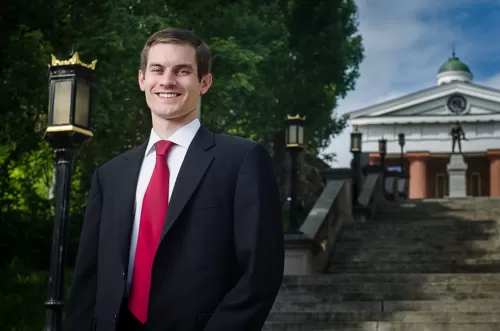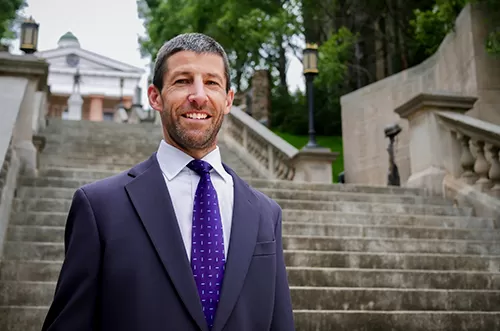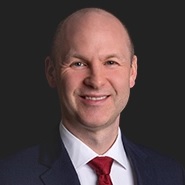Comm’r of Hwys v. Karverly, Inc., 813 S.E.2d 322 (Va. 2018)
In 2014, the Commissioner of Highways (“Commissioner”) filed a certificate of take and later a petition for condemnation to acquire a 0.115 acre strip of property owned in fee simple by Kaverly, Inc. (“Kaverly”) to create a multi-use trail and for the reconstruction of Route 5 in Henrico County. Kaverly operates a child daycare center on the remainder of the property, which is approximately 5.17 acres. The strip of property taken includes a buffer between a fence and Route 5. Kaverly argued that it would need to move the fence inward in order to create a new buffer for privacy and security. Both of these changes, Kaverly concluded, would in turn require the relocation of the “playscapes” within the playground area. The new buffer and relocation of the fence and playscapes were the basis for Kaverly’s claim for damages to the fair market value of the remainder. On appeal, the Commission argued that the trial court abused its discretion by excluding its expert’s testimony on the ground that it offended settled valuation law governing damages to the remainder. The Supreme Court of Virginia agreed.
In every eminent domain case involving a partial taking, the measure of damages to the residue of the property not taken is the difference in the fair market value of the residue immediately before and immediately after the taking. In ascertaining such damages, both present and future circumstances which actually affect the value of the property at the time of taking may be considered, but remote and speculative damages may not be allowed. There are two subcategories of circumstances which actually affect the value of the property at the time of taking: (i) circumstances of the take that diminish the remainder’s fair market value, which the landowner could not remediate with an out-of-pocket expense; and (ii) circumstances of the take that diminish the remainder’s fair market value in the absence of an out-of-pocket expense. The dispute in this case involves the second subcategory. The two experts gave competing opinions. The Supreme Court of Virginia viewed “the contest between these competing experts as a legitimate dispute over which rational factfinders could reasonably disagree. . . . Even without [the Commissioner’s expert’s] testimony, only three of the five jurors awarded damages to the remainder. By curtailing the Commissioner’s expert opinion, however, the trial court unleveled the playing field, allowing one expert to opine on the necessity of the relocation of improvements to avoid functional obsolescence, while barring another expert from establishing that there was a ‘net zero’ difference in the ‘value contribution [of] the improvements’ before or after the take.”




